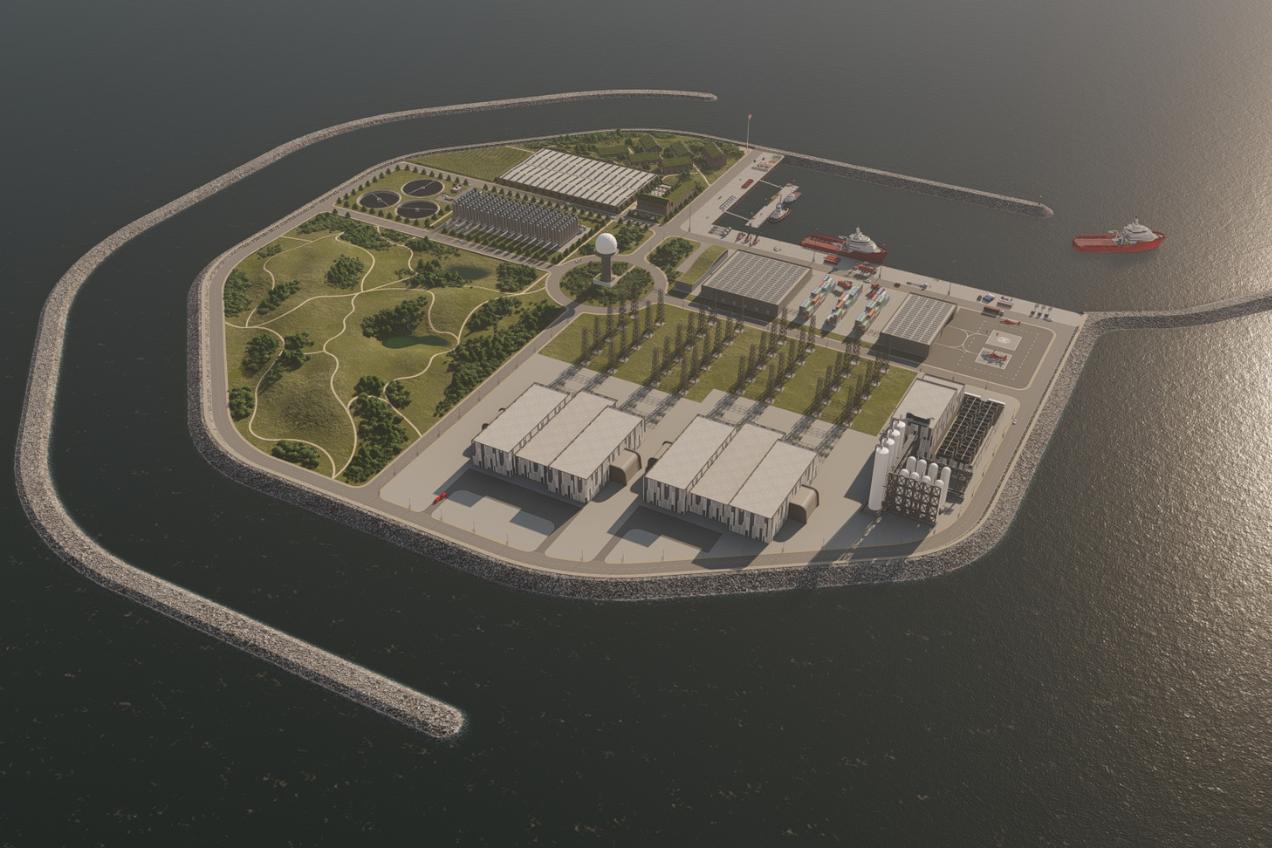Lars Aagaard, the Danish energy minister, confirmed a delay to the project in a LinkedIn post on Wednesday (22 August), where he cited high costs as a key factor in the decision.
“We should not carry out the project at any price… Last summer, the bill for the original project was more than DKK 50 billion (€6.7 billion) for the treasury. That has never been the political intention,” Aagaard said.
“When we have spent time changing the project, the time for a possible realisation is pushed out in time. This hardly comes as a surprise to anyone. That's the reality,” he added.
The original estimate for the energy island’s completion was 2033. The Reuters news agency reported Aagaard as saying the date had now been pushed back to 2036.
Aagaard’s confirmation of a longer estimated timeline for the project is the latest in a series of delays, which previously saw the tender for the energy island postponed last year.
The Energiø Nordsø energy island aims to connect up to 3GW of offshore wind capacity in Denmark, allowing for export across the North Sea to neighbouring countries.
Uncertainty over Belgian participation
The project had initially been conceived as a joint venture between Denmark and Belgium, but Aagaard's post suggested that an agreement with Belgium over the future direction of the project had stalled.
“We have discussed this with Belgium right up to the Belgian parliamentary elections before the summer holidays, and we have not been able to find a way together that was sensible and acceptable to Denmark,” Aagaard stated.
Belgium’s political situation is currently in flux following parliamentary elections referenced by Aagaard, which handed no party a majority and have led to ongoing negotiations between major political parties in the country to form a coalition government.
Belgium is developing its own North Sea energy island with the Princess Elisabeth project through the country's transmissions operator, Elia. The energy island aims to connect up to 3.5GW of planned offshore wind farms in the region that Belgium plans to auction through a two-sided contract for difference (CfD) auction mechanism.
Aagaard said Energiø Nordsø could still continue with Belgian cooperation as originally planned, but that this depended on political developments in the country.
“If a new Belgian government (when one is in place...) at some point knocks on our door and agrees to a more balanced distribution of the project's costs and benefits, then our door is of course open. This must be done on the Belgian initiative,” he said.
The energy minister said Germany was interested in using power from the energy island and that Denmark would pursue cooperation with its neighbour on the project.


.png)


HR.jpeg)
.png)








